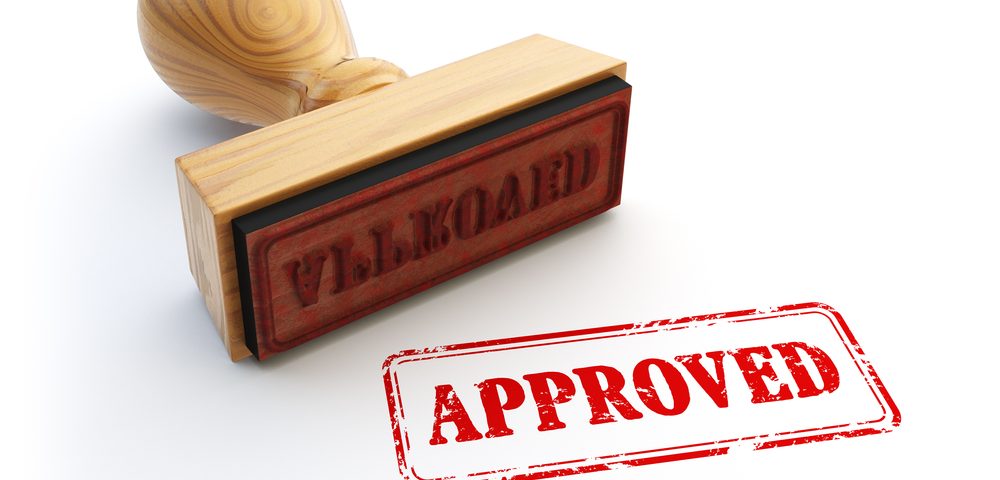Hadlima (adalimumab-bwwd) — an antibody biosimilar to AbbVie‘s Humira (adalimumab) — has been approved by the U.S. Food and Drug Administration (FDA) for the treatment of a number of autoimmune diseases, including rheumatoid arthritis, juvenile idiopathic arthritis, psoriatic arthritis, ankylosing spondylitis, plaque psoriasis, ulcerative colitis, and adult Crohn’s disease.
Biosimilars are to biologic medicines (which are made using living cells, rather than by chemical synthesis) as generics are to traditional medications. Biosimilars are an alternative that can introduce competition into the market, and are designed to work in the same way as biologic medicines.
In this case, Hadlima, like its reference therapy, works by blocking the signaling protein tumor necrosis factor (TNF) alpha and prevents its pro-inflammatory effects.
Hadlima is the third anti-TNF biosimilar made by Samsung Bioepis to be approved in the United States; the others are Renflexis (infliximab-abda) and Eticovo (etanercept-ykro).
Hadlima will be commercialized by Merck (MSD outside the U.S. and Canada). Because of a licensing agreement with AbbVie, the U.S. launch of the biosimilar is not expected until after June 30, 2023.
“We believe the U.S. healthcare system can benefit from biosimilars, as they could play an important role in broadening access to treatment options for patients with autoimmune conditions,” Hee Kyung Kim, senior vice president and head of regulatory affairs at Samsung Bioepis, said in a press release.
“We remain committed to advancing our strong pipeline of biosimilar candidates, so that more patients and healthcare systems can benefit from biosimilars,” she added.
The FDA’s decision to approve Hadlima was based on results from a Phase 3 clinical trial (NCT02167139) in which 544 people with moderate to severe rheumatoid arthritis, whether or not they were taking methotrexate therapy, were randomized to treatment with either Hadlima or Humira.
The two therapies demonstrated similar results in terms of efficacy and safety. Evaluation at 24 weeks showed that 72.4% of patients treated with Hadlima experienced a 20% improvement in disease activity, as measured by American College of Rheumatology 20% Response Criteria, while a similar response was seen in 72.2% of the Humira-treated patients.
About halfway through the 52-week trial, half of the patients who were originally on Humira transitioned to Hadlima, and the remaining participants continued the treatment to which they were initially assigned. Once again, comparison of the three groups showed that the two therapies had comparable safety and efficacy profiles.
In addition to the U.S., Hadlima has been approved in more than 30 countries, including Canada, Australia, 28 European Union member states, and Korea.

